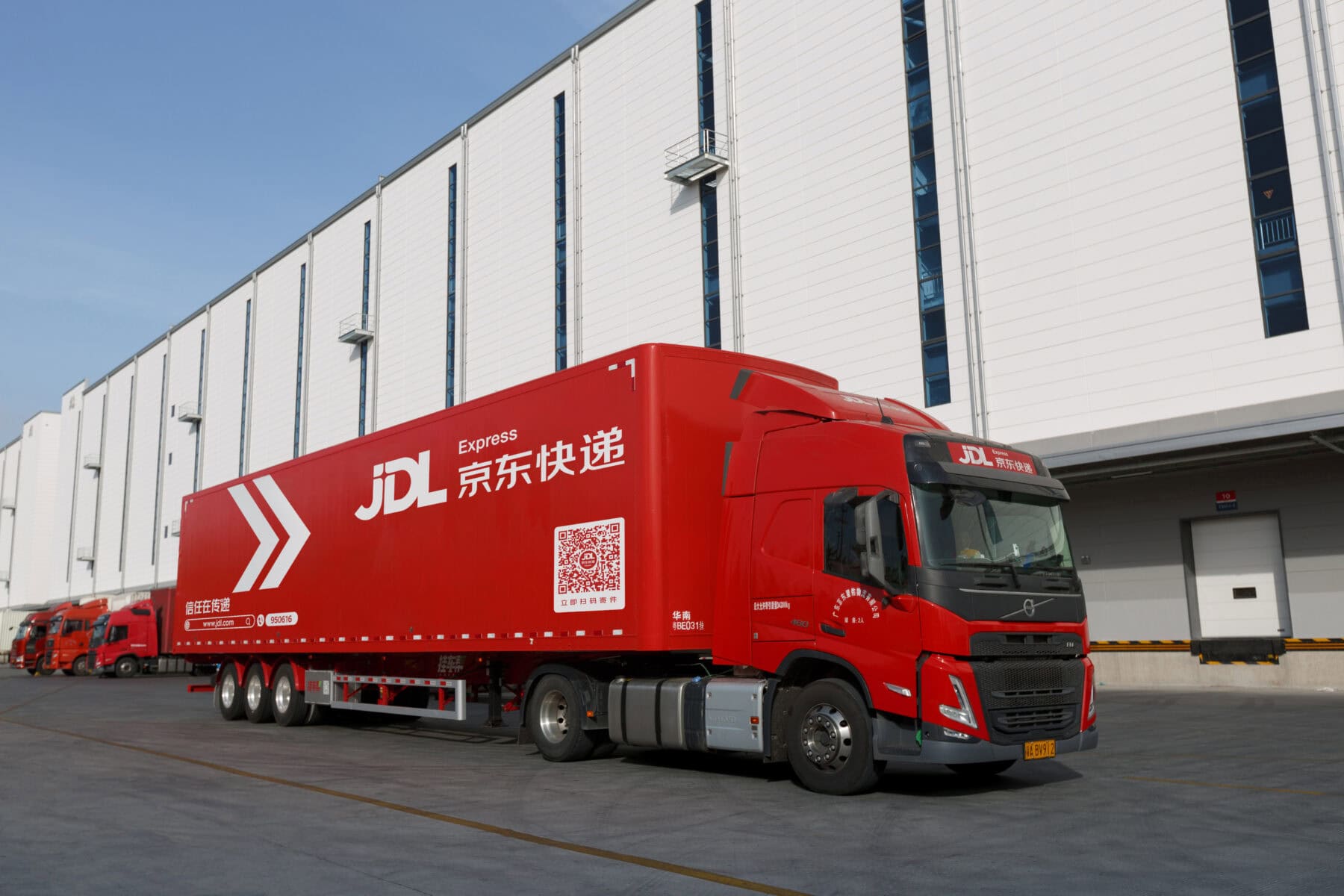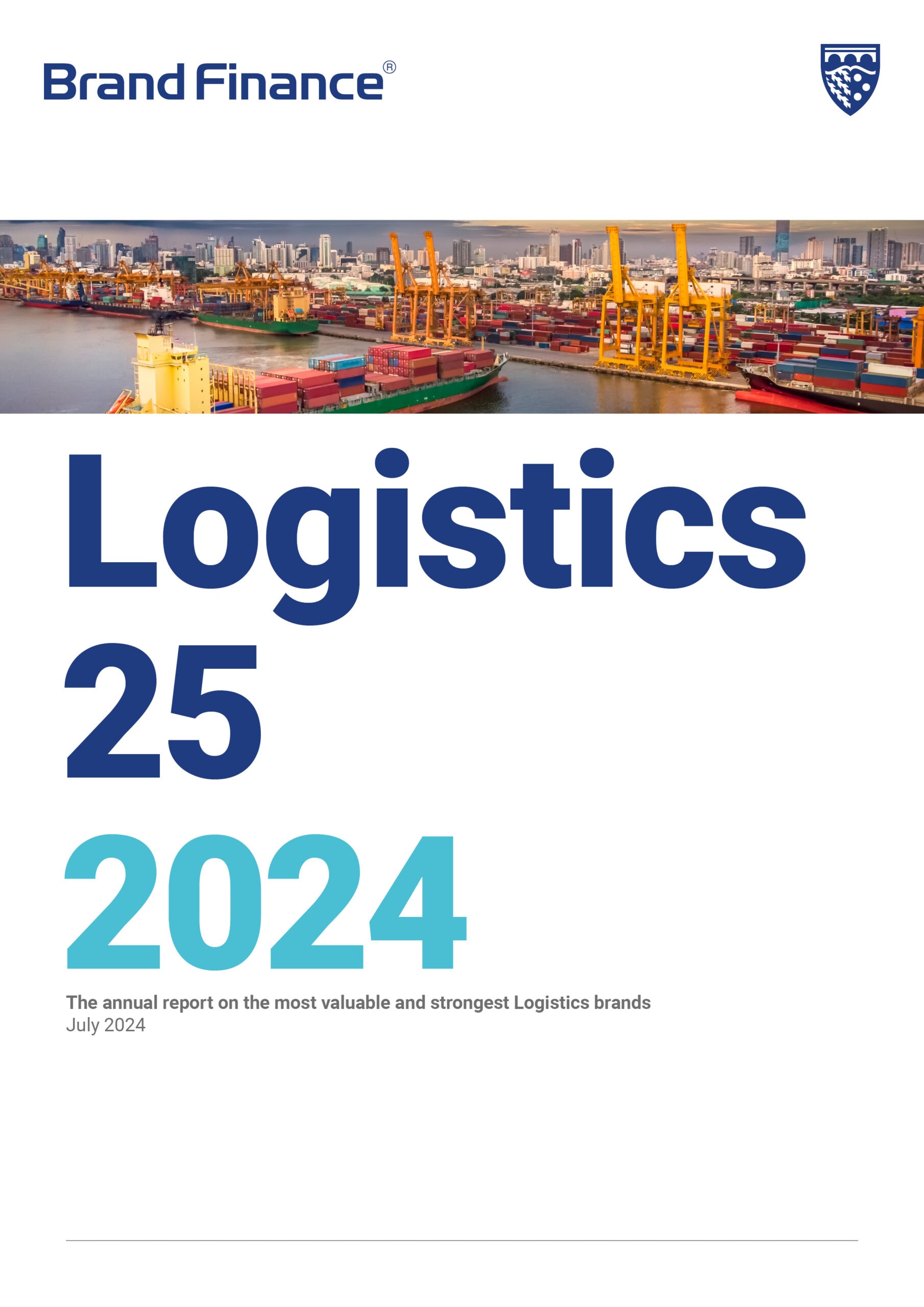This article was originally published in the Brand Finance Logistics 25 2024 report
In a Brand Finance exclusive, JINGDONG Logistics, a trailblazer in integrating technology-driven supply chain solutions, speaks on the company’s contributions for the industry’s success and the brand's continuous transformation journey.
How does your brand contribute to the success of its industry?
By pioneering the integration of technology-driven supply chain solutions, JINGDONG Logistics (also known as JD Logistics or JDL), has played a crucial role in the industry. From its inception in 2007 as the logistics department of JD.com, to being listed on the Hong Kong Stock Exchange in May 2021, the brand has evolved steadily through the stages of self-operation, social openness and integrated supply chain services. By combining physical enterprise genes with digital technology and capabilities, JINGDONG Logistics consistently delivers reliable supply chain services that support employment, supply guarantees, as well as the continuous creation of social value.

What are some key trends in your industry over the next three years, and what is your brand’s role(s) in them?
Key trends in the logistics industry over the next few years include digital and intellectual transformation, global network expansions, the development of green supply chains, and enhancement of supply chain resilience.
JINGDONG Logistics will continue making efforts towards improving its digital and intellectual capabilities in supply chain logistics. This will be through a range of technologies such as smart warehouses, intelligent logistics parks, drones and delivery robots. The transition will allow the brand to automate services, digitise
operations and enhance decision-making intelligence across all stages of the supply chain. This will not only bolster efficiency in logistics, but support and enhance user experience as well as the company’s core competitiveness.
Secondly, as necessitated by the logistics industry’s transition to greener and lower-carbon practices, JINGDONG Logistics is increasingly committed to the construction of eco-friendly supply chains. This includes initiatives such as promoting the use of new energy vehicles, establishing carbon-neutral logistics
parks, the adoption of green packaging, as well as implementation of the “Green Stream Initiative”, allowing the brand to align with global sustainability goals.
Through these measures, JINGDONG Logistics can take on a leading role in driving the industry towards
a more sustainable future. In addition, JD Logistics supports bidirectional collaborations between overseas enterprises and Chinese brands as part of its global network expansion plans. JINGDONG Logistics can facilitate the internationalisation of Chinese brands through its integrated supply chain solutions, solidifying
a leadership position in the global trend towards integrated logistics solutions.
Finally, JD Logistics is also bolstering supply chain resilience and flexibility in response to uncertainties
on the global horizon. This is accomplished through the optimisation of networks, improvement of
emergency response capabilities and strengthening of collaboration across all supply chain links. With
stronger resilience, the brand can safeguard stable operations for businesses and society, ensuring
quicker recovery and adjustment rates during unforeseen events.
How has JINGDONG Logistics utilised environmental, social and governance (ESG) measures to promote
a greener future in the industry?
JINGDONG Logistics has a proactive stance regarding ESG, underscored by its initiatives in relation to sustainable development and climate change mitigation. The “Green Stream Initiative” is being implemented to support the objectives of green logistics and achieving emission reduction targets. The plan promotes the use of circular and biodegradable materials and reduction of plastic use. It also supports clean energy adoption such as solar power at logistics parks, and the adoption of new energy vehicles.
In addition, JINGDONG Logistics emphasises on employee health and safety, offering stable employment opportunities, sufficient insurance coverage and other benefits. It also focuses on the professional development and well-being of frontline workers, to foster a sense of belonging at the workplace. The brand also utilises the strengths in its supply chain to support rural revitalisation through improved logistics efficiency for agricultural products and participation in public welfare activities.

